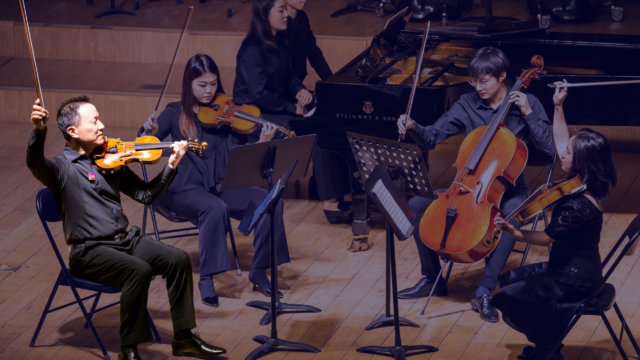Prelude and Table of Contents: Fall 2020

The headlines hit in rapid succession. The New York Philharmonic cancelled its season—for the first time in 178 years. The Chicago Symphony Orchestra cancelled concerts through March 2021. The Pacific Symphony postponed its 2020-21 season to 2021-22. It wasn’t just big orchestras—orchestras of all sizes and types have had to cancel, postpone, regroup, rethink, as the pandemic continues to rage. While cancelling or even delaying a season is heartbreaking, with significant financial and emotional costs, it is also sensible: gathering to share live music, the central artistic act of orchestras, has become dangerous. To their credit, orchestras are adhering to health regulations, with the welfare of musicians, audiences, staff, and supporters paramount.
In fact, orchestras are responding to the unprecedented health crisis with alacrity and creativity, innovating like mad. Musicians are playing on their front porches for neighbors. Orchestras are performing at drive-in movie theaters. Pop-up concerts are bringing music to riverfronts, parking lots, town squares. Hybrid seasons balance in person concerts, usually for smaller audiences and socially distanced musicians, with virtual concerts; casual online chats bring the artists into living rooms.
The country is engaged in an urgent, long-delayed national conversation about racial injustice. Musicians, orchestras, and other music organizations have decried the killing of Black Americans by police, issued statements of solidarity and support, and, most crucially, are taking action. They are performing works by Black composers and other underrepresented artists, connecting with once-overlooked communities, performing where they seldom did. Inclusion and equity have long been goals of orchestra leaders. The time for action is now.
Robert Sandla
Table of Contents
- The Score
- League Statement on Racial Discrimination
- A Champion for Orchestras
- Financial Stability via Artistry and Relevance
- Music in the Present Tense
- Hearing Her Voice
- The Virtual Gala
- Changing the Channels
- The Beat Goes On
- 2020 Guide to Symphony Pops Advertisers
- Annual Fund: Fall 2020
- Coda: Rethinking Music History
Related
Become a member
Thank you for your interest in the League of American Orchestras! We are dedicated to advancing the orchestral experience for all.
Join Now